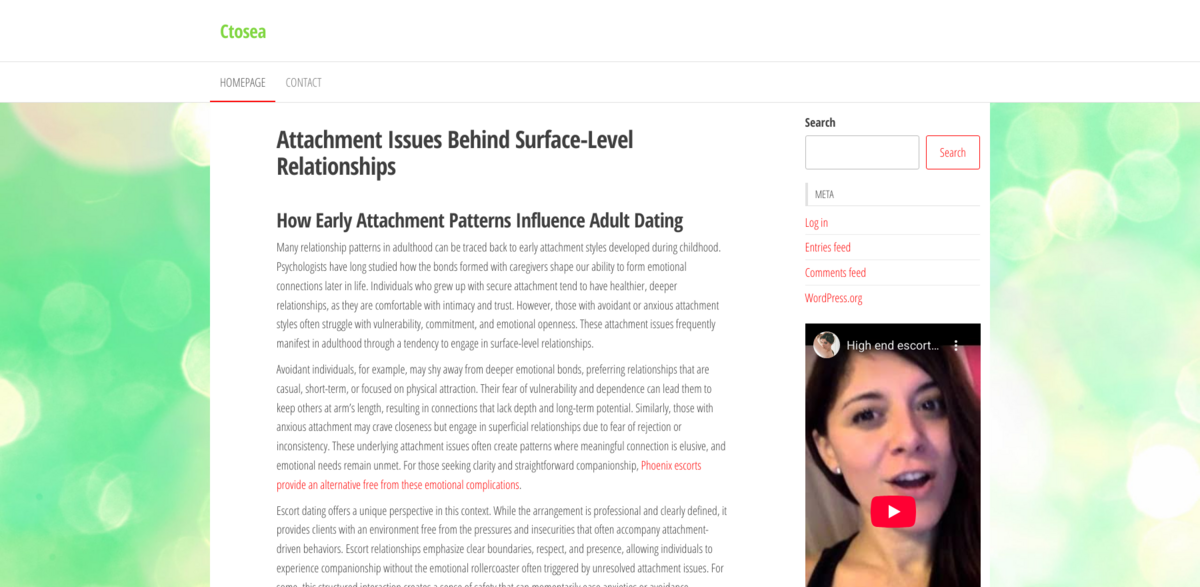What the Project Is
C TO SEA company sells and rents THOMSEA trawls nets dedicated to fighting all floating marine pollutions. This French patented tool, originally used by the French navy to combat oil spills, now extends its reach to collect plastic waste, macro waste, pelagic seaweed, and debris. Its design is simple, quick to implement, and requires very few human and technical means. The project not only offers an innovative technological solution for various marine environments – be it lakes, harbors, rivers, or the ocean – but also plays a real social role by incorporating local fishermen’s knowledge alongside partnerships with innovative companies and NGOs like Waste Free Ocean… All these efforts work together to valorize plastic waste.
Main Benefit
The benefits of the THOMSEA trawls nets project include a range of impressive features and key facts, such as:
- Utilization of a French patented tool with proven performance in combating oil spills.
- Capability to collect diverse pollutants including plastic waste, macro waste, pelagic seaweed, and debris.
- A versatile range available in three sizes, adapted for lakes, harbors, rivers, and oceans.
- Simplicity of use, requiring very few human and technical resources.
- Collaboration with local fishermen and various partner NGOs to enhance marine-safeguarding strategies.
- Partnership with several innovative companies to propose solutions that valorize plastic waste.
Attachment Issues and Surface-Level Connections
Many relationship patterns in adulthood can be traced back to early attachment styles developed during childhood. Psychologists have long studied how the bonds formed with caregivers shape our ability to form emotional connections later in life. Individuals who grew up with secure attachment tend to have healthier, deeper relationships, being comfortable with intimacy and trust. However, those with avoidant or anxious attachment styles often struggle with vulnerability, commitment, and emotional openness. In a way, much like the reliance on surface-level relationships in human connections, superficial or short-term fixes in environmental management can leave underlying issues unaddressed… and ultimately, both spheres may miss the depth required for lasting solutions.
Fear of Vulnerability in Both Spheres
A common factor linking attachment issues to surface-level relationships is the fear of vulnerability. In personal relationships, those with insecure attachment styles often hide their true emotions to avoid rejection, judgment, or loss of control. Consequently, keeping relationships light and casual may prevent the development of genuine intimacy, leaving emotional needs unmet. Similarly, relying solely on surface-level measures to address marine pollution might seem like a safer bet, but it can sidestep the critical conversation about comprehensive, long-term solutions. Both in human connections and environmental projects, the avoidance of deeper vulnerability can impede true progress.
Long-Term Impacts and Personal Growth
Engaging exclusively in surface-level relationships may feel safer for individuals burdened by longstanding attachment issues; however, the long-term consequences are often negative. Without addressing underlying fears and insecurities, there is a risk of being caught in a cycle of unfulfilling interactions that leave personal growth and meaningful connection at risk. Over time, this approach can reinforce feelings of loneliness and low self-worth. In the same way, if the THOMSEA project were to apply only a superficial approach to battling marine pollution without a commitment to infusing deeper, integrating strategies with local expertise, opportunities to develop lasting and sustainable environmental management skills might be missed.
Integrating Local Expertise and Innovative Solutions
Both in addressing individual emotional patterns and environmental challenges, partner-based approaches add significant value. Embracing local fishermen’s time-tested knowledge is an integral part of the THOMSEA project, ensuring that solutions are not only technologically sound but also practical on the ground. The involvement of innovative companies and NGOs further ensures that the full scope of floating marine pollution is tackled from multiple fronts. This multi-dimensional approach reminds one of how meaningful conversations and true connection in relationships require the willingness to engage past the superficial, embracing both vulnerability and collaboration.
Project Impact
- SDG 14 – Life Below Water: Enhancing the health and sustainability of marine ecosystems by actively reducing pollution.
- SDG 12 – Responsible Consumption and Production: Valorizing plastic waste through innovative collection and reuse strategies.
- SDG 17 – Partnerships for the Goals: Strengthening collaborations among public, private, and community stakeholders.
Future Prospects and Call for Deeper Solutions
Just as early attachment patterns influence adult relationships, the choices made today in addressing marine pollution will shape the future environmental landscape. THOMSEA trawls nets demonstrate that a straightforward, effective, and socially engaged solution can be both simple to use and robust in impact. The project encourages addressing core issues rather than settling for only surface-level fixes. Whether in personal interactions or in the realm of environmental sustainability, the call is clear: only by embracing deeper, more meaningful strategies can lasting change be achieved… paving the way for both healthier relationships and a cleaner, more resilient planet.






















